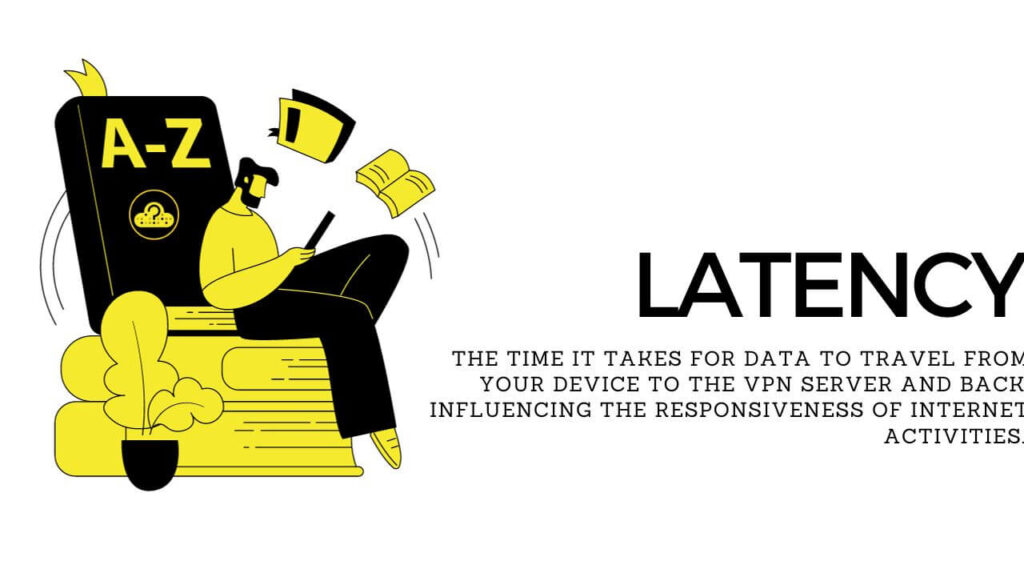What Is VPN Latency?
VPN latency refers to the delay in the transmission of data between your device and the server when using a VPN. It is the time it takes for data to travel from your device to the VPN server and back, influencing the responsiveness of internet activities.
- Short Definition:
-
VPN latency is the delay in data transmission between your device and the server when using a Virtual Private Network (VPN). It impacts the responsiveness of internet activities by influencing the time it takes for data to travel back and forth.
- Extended Definition:
-
In the context of VPNs, it represents the delay or lag experienced in the transfer of data between the user’s device and the VPN server. Latency is measured in milliseconds and is a critical factor influencing the responsiveness of internet activities.
When you connect to a VPN, your data is encrypted and routed through the VPN server before reaching its destination on the internet. This additional routing introduces latency, impacting the time it takes for your actions (such as loading a webpage, sending a request, or streaming content) to receive a response. Factors contributing to VPN latency include the physical distance between your device and the VPN server, the efficiency of network infrastructure, and the server load.
Managing and minimizing this factor is crucial for a smooth online experience, especially in activities requiring real-time interaction, such as online gaming or video conferencing. VPN providers strive to optimize their server locations, network infrastructure, and overall performance to minimize latency and enhance the user experience.

For more definitions, check out our dedicated Definitions List.
